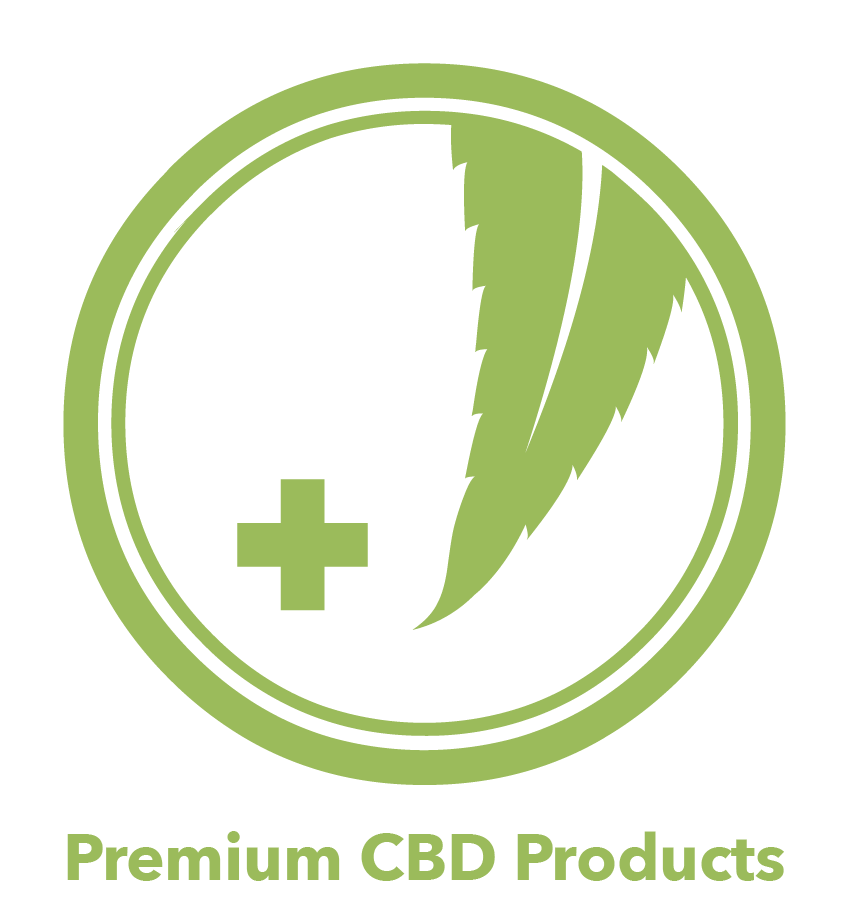No products in the cart.
CBD Benefits
Can You Overdose When Using CBD Products
Can You Overdose When Using CBD Products lets look at the facts. It’s important to understand the facts surrounding CBD and its effects on the body to address this concern.
CBD is a non-intoxicating compound found in cannabis plants, most commonly derived from hemp. Unlike its counterpart THC (tetrahydrocannabinol), CBD does not produce the psychoactive effects typically associated with cannabis use. This lack of intoxication has contributed to CBD’s growing acceptance and use in wellness and therapeutic applications.
CBD Is Considered Safe
One of the primary reasons people turn to CBD products is for their potential to alleviate various health conditions such as chronic pain, anxiety, insomnia, and epilepsy. CBD interacts with the body’s endocannabinoid system, which is responsible for maintaining homeostasis and regulating various bodily functions. However, despite its potential benefits, it’s crucial to understand that CBD is not a cure-all. And its effects can vary from person to person.
When it comes to the question of overdosing on CBD, it’s important to note that CBD is generally considered safe and well-tolerated by most individuals. According to a report from the World Health Organization (WHO), CBD exhibits no effects indicative of any abuse or dependence potential. Additionally, a review published in the journal Current Drug Safety concluded that CBD has a favorable safety profile, even at high doses.
Less Likely To Produce Adverse Effects
Unlike THC, CBD does not bind strongly to the body’s cannabinoid receptors. Therefore, it is less likely to produce adverse effects or overdose symptoms. In fact, a study published in the journal Cannabis and Cannabinoid Research found that CBD had a “bell-shaped dose-response curve” in animal models, meaning that beyond a certain dosage, the therapeutic effects plateaued or even diminished.
However, it’s important to consider that CBD products vary in potency and concentration. Different products may contain varying amounts of CBD, which can affect the overall dosage. It’s essential to follow the recommended dosages provided by the manufacturer and consult with a healthcare professional for personalized guidance.
Factors To Keep In Mind
While CBD itself is considered safe, there are a few factors to keep in mind to ensure responsible usage:
- Quality and Regulation: It’s crucial to purchase CBD products from reputable sources that undergo third-party testing to verify their quality and safety. Look for products that are labeled as “CBD isolate” or “broad-spectrum” to minimize the risk of exposure to THC.
- Drug Interactions: CBD can interact with certain medications, particularly those metabolized by the liver’s cytochrome P450 enzyme system. If you’re taking prescription medications, consult your doctor before using CBD to avoid any potential interactions or complications.
- Individual Sensitivity: People may react differently to CBD due to variations in their body chemistry. Start with a low dosage and gradually increase it, monitoring how your body responds. If you experience any adverse effects, discontinue use and seek medical advice.
- Misleading Product Claims: Be cautious of exaggerated marketing claims surrounding CBD products. While CBD may offer potential benefits, it is not a magical solution for all ailments. Avoid products that make unfounded promises or guarantee immediate results.
Final Thoughts
In conclusion, CBD products are generally safe and well-tolerated by most individuals. Overdosing on CBD is highly unlikely, as it does not produce intoxicating effects and exhibits a favorable safety profile. However, it’s essential to use CBD responsibly, follow recommended dosages, and consult with a healthcare professional, especially if you have any underlying health conditions or are taking medications that may interact with CBD.

Pingback: How to Properly Read CBD Product Labels - CBDSmokeShop.com